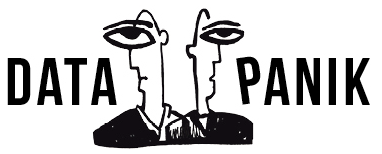Tracking entire populations now with electronic surveillance, facial recognition, and biosecurity sensors to combat the coronavirus pandemic will inevitably mean even more invasive forms of government spying later, privacy advocates warn.
From reporting by Natasha Singer and Choe Sang-Hun at the New York Times:
“We could so easily end up in a situation where we empower local, state or federal government to take measures in response to this pandemic that fundamentally change the scope of American civil rights,” said Albert Fox Cahn, the executive director of the Surveillance Technology Oversight Project, a nonprofit organization in Manhattan.
As an example, he pointed to a law enacted by New York State this month that gives Gov. Andrew M. Cuomo unlimited authority to rule by executive order during state crises like pandemics and hurricanes. The law allows him to issue emergency response directives that could overrule any local regulations.
(…)In hundreds of cities in China, the government is requiring citizens to use software on their phones that automatically classifies each person with a color code — red, yellow or green — indicating contagion risk. The software determines which people should be quarantined or permitted to enter public places like subways. But officials have not explained how the system makes such decisions, and citizens have felt powerless to challenge it.
In Singapore, the Ministry of Health has posted information online about each coronavirus patient, often in stunning detail, including relationships to other patients. The idea is to warn individuals who may have crossed paths with them, as well as alert the public to potentially infected locations. “Case 219 is a 30-year-old male,” says one entry on the Health Ministry’s site, who worked at the “Sengkang Fire Station (50 Buangkok Drive),” is “in an isolation room at Sengkang General Hospital” and “is a family member of Case 236.”
Read more: As Coronavirus Surveillance Escalates, Personal Privacy Plummets

